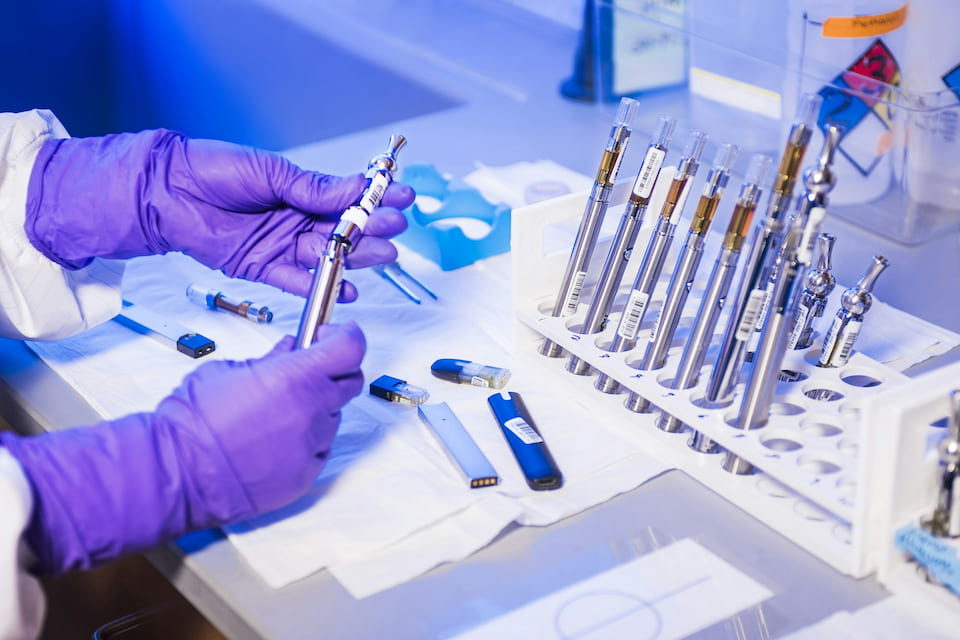The life you dream of is just outside your comfort zone. Learn how facing challenges leads to transformation, confidence, and career clarity.
In a world shaped by new diseases and ever-evolving viruses, there’s one field quietly powering the biggest medical breakthroughs—Clinical Research. This thrilling, rigorous, and immensely rewarding field sits at the heart of healthcare innovation. If you’re passionate about biology, driven by impact, and curious about how drugs go from lab bench to bedside, this career might just be your calling.
What is Clinical Research?
Clinical Research is the scientific investigation of new drugs, treatments, and medical devices on human subjects. Its goal? To determine safety, effectiveness, dosage, and side effects. Before any medicine reaches your local pharmacy, it passes through an intense, multi-phase clinical process—coordinated and overseen by clinical research professionals.
From the early lab stages to human trials and post-marketing surveillance, clinical research ensures a new drug does more good than harm. It’s not just about science—it’s about saving lives through data, diligence, and dedication.
The COVID-19 pandemic reminded the world of the urgency and power of this profession. The astonishingly fast development of the COVID vaccine—within mere months—wasn’t a miracle. It was clinical research in overdrive.
What Do Clinical Researchers Do?
Clinical researchers wear many hats. They manage trials, collect and analyze data, ensure compliance with global regulations, and maintain patient safety throughout the drug-testing journey. They also:
- Design and coordinate clinical trials
- Monitor patient responses and adverse effects
- Maintain ethical standards and ensure informed consent
- Collaborate with doctors, scientists, and pharma professionals
- Document every step with scientific precision
Their work can involve new drugs, new combinations of known drugs, or even new delivery methods like tablets vs. injections.
Every drug undergoes four phases of clinical trials:
- Phase I – Testing on healthy individuals for basic safety
- Phase II & III – Testing on patients to assess efficacy and side effects
- Phase IV – Post-marketing surveillance once the drug is approved
This entire process can take years. But in emergencies—like the COVID crisis—regulatory fast-tracking allows researchers to compress timelines, without compromising on safety.
Who Can Become a Clinical Researcher?
This career is perfect for students with a strong foundation in biological sciences and a passion for healthcare. If you’ve completed a B.Sc. in:
- Microbiology
- Biotechnology
- Biochemistry
- Molecular Biology
- Human Genetics
- Zoology or related fields
…you’re eligible to apply for a Master’s in Clinical Research (M.Sc. Clinical Research), a two-year postgraduate program offered by select institutes in India. Many courses come with industry internships to prepare you for the global job market.
After your MSc, you can pursue a PhD in elite research institutions or directly enter the booming biotech and pharmaceutical industries.
Where to Study Clinical Research in India?
Here are some reputed institutes offering M.Sc. or postgraduate diplomas in Clinical Research:
- ICRI (Institute of Clinical Research India), Mumbai
- ICBio Clinical Research Pvt. Ltd.
- Tata Memorial Hospital, Mumbai
- Jamia Hamdard, New Delhi
- NIZAMS Institute of Medical Sciences, Hyderabad
- National Institute of Management and Research, Mumbai
Some institutions also offer certificate and diploma programs for those looking for shorter routes into the industry.
Fun Facts About Clinical Research
The average cost of bringing a new drug to market is $900 million and much of it goes into clinical trials.
Clinical research is truly global — many Indian professionals work in international trials coordinated from the US, Europe, and Asia.
Fast-tracked clinical research allowed mRNA vaccines (like Pfizer and Moderna) to move from development to global use in under a year—a historic feat.
Clinical Research is one of the fastest-growing career sectors, with jobs in pharma companies, contract research organizations (CROs), hospitals, regulatory bodies, and global health NGOs.
Final Word for Students and Parents
Clinical Research isn’t just a career—it’s a mission. It’s about combining your love for science with real-world impact. With strong academic programs, a clear career path, and the chance to work on cutting-edge medical innovations, it’s a field full of promise.
Parents: If your child dreams of working at the intersection of medicine, research, and human impact—encourage them to explore this future-forward career.
Students: If you’re excited by the thought of working on the next big vaccine, treatment, or therapy, Clinical Research could be your launchpad to change the world.
Want help finding the right Clinical Research program or career path?
Get in touch with our counselors today.




